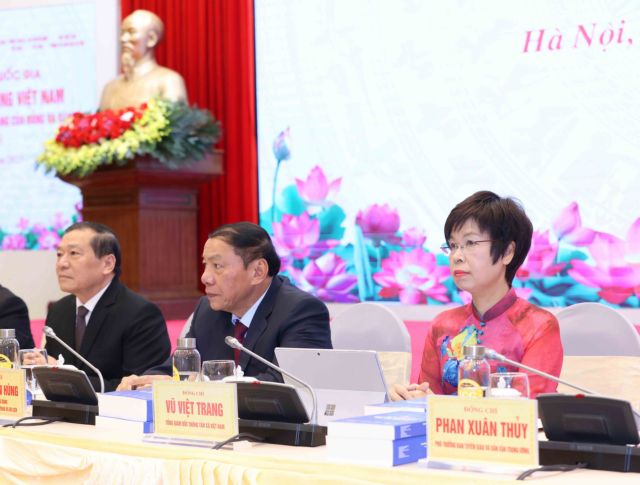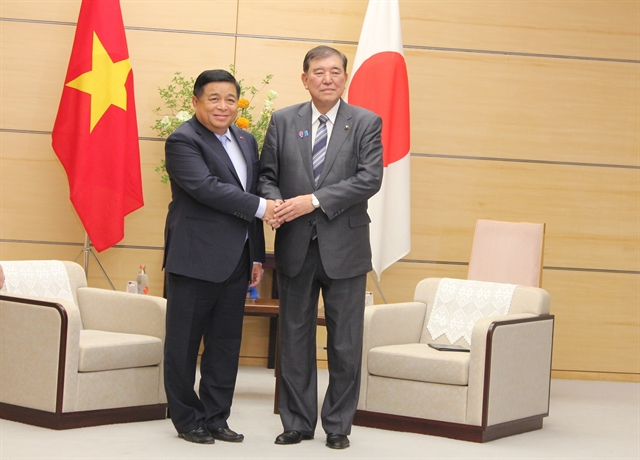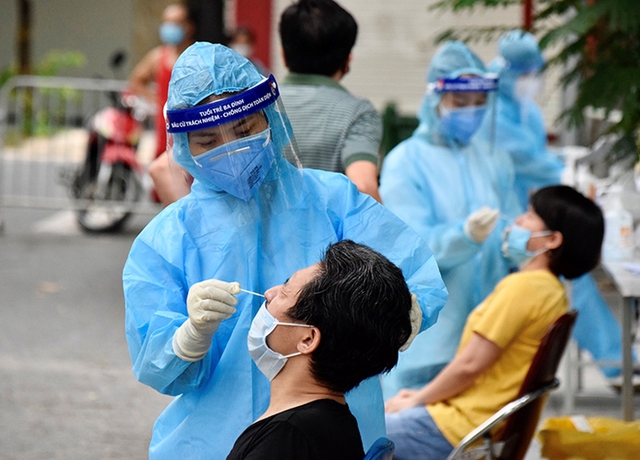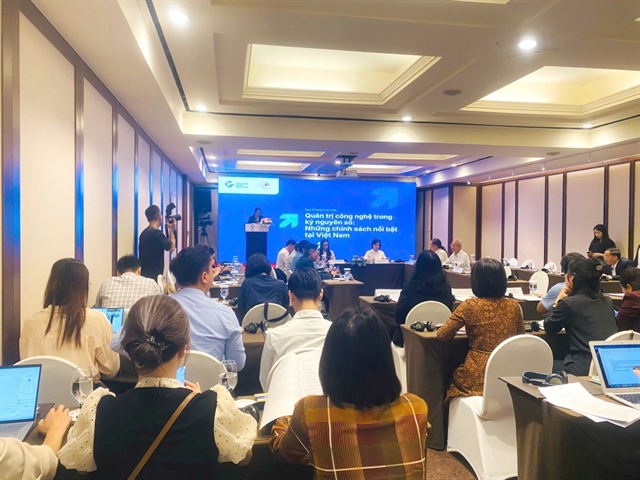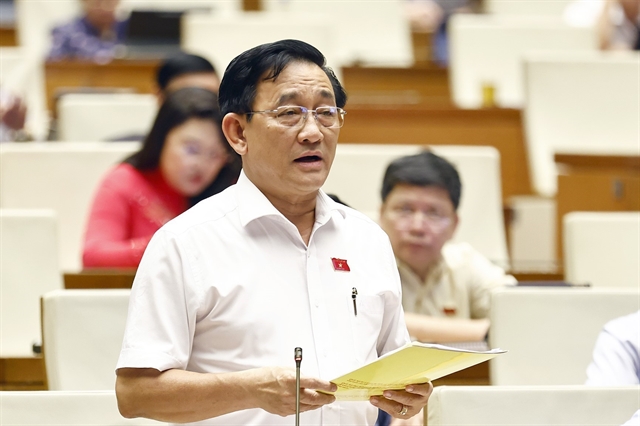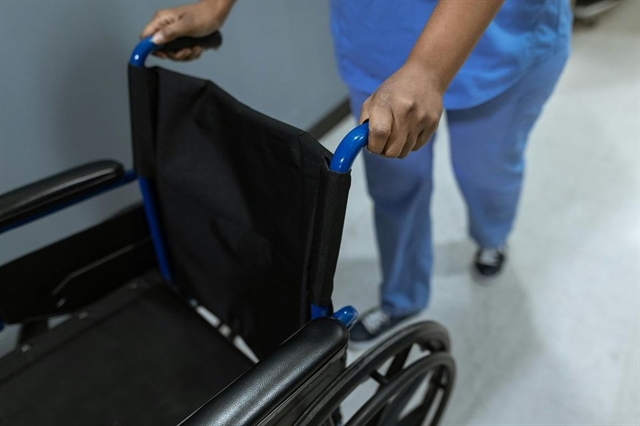 World
World

In a rare move, a Japanese women's university said on Tuesday it will begin in 2020 accepting transgender students who were born male but identify as female.
TOKYO — In a rare move, a Japanese women’s university said on Tuesday it will begin in 2020 accepting transgender students who were born male but identify as female.
An official at the education ministry told AFP the move by Ochanomizu University in Tokyo was "likely unprecedented", though he could not confirm if it was a national first, and praised the decision.
"It is desirable that many universities take steps in the direction of understanding the needs of sexual minorities, though making such a decision is up to each university," he said.
A university spokesman said the policy would come into force from fiscal year 2020, and would apply to would-be students who were born male but identify as female.
The move by the university, which was Japan’s first institution of higher education for women and opened in 1875, comes as many local private universities are reportedly weighing a similar policy, following in the footstep of American schools.
Ochanomizu University will hold a press conference "soon" to explain the background and details of the decision, the university spokesman said.
Japan has gradually been moving to accommodate lesbian, gay, bisexual and transgender (LGBT) children and students.
In 2015, the education ministry issued instructions to municipalities to address the needs of LGBT students, including efforts to prevent bullying and addressing issues linked to changing rooms and school uniforms.
About one in 13 people in Japan is estimated to belong to the LGBT community, according to private company research.
But despite a relatively tolerant environment, only 13 per cent are open with friends about their sexual orientation or gender identity, with just over 10 per cent coming out to their family and less than 5 per cent to their colleagues, according to the Japan LGBT Research Institute. — AFP


